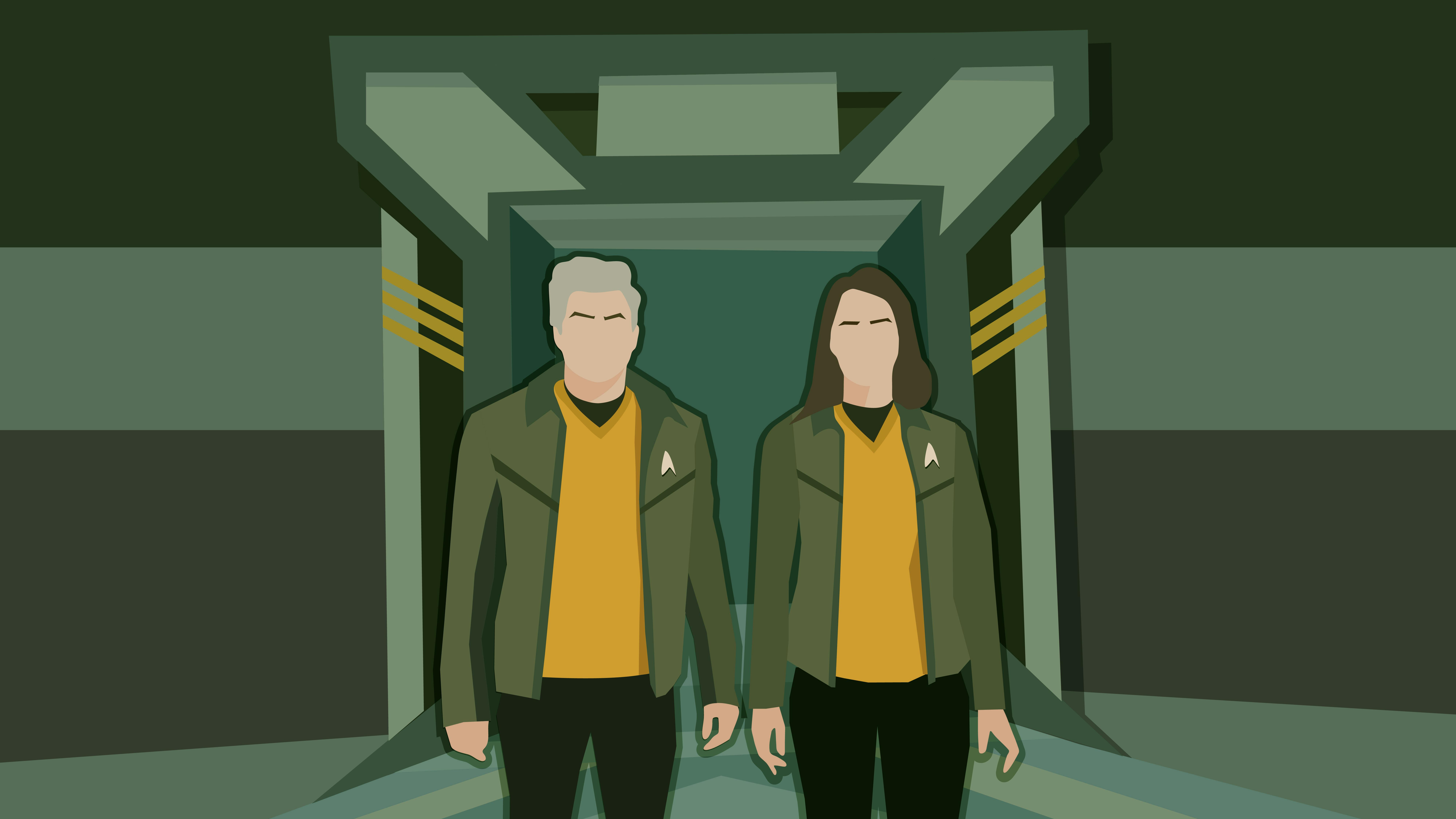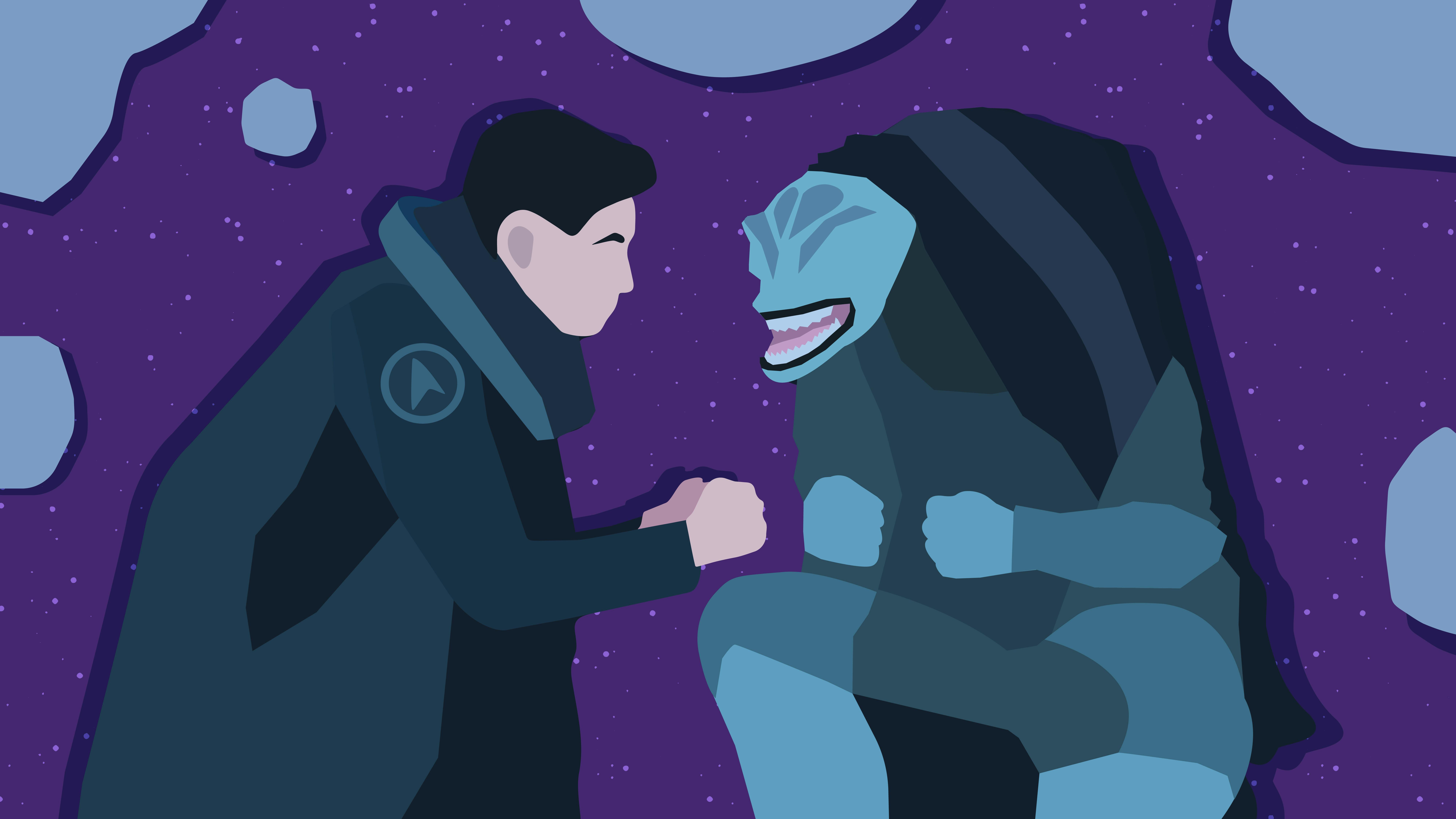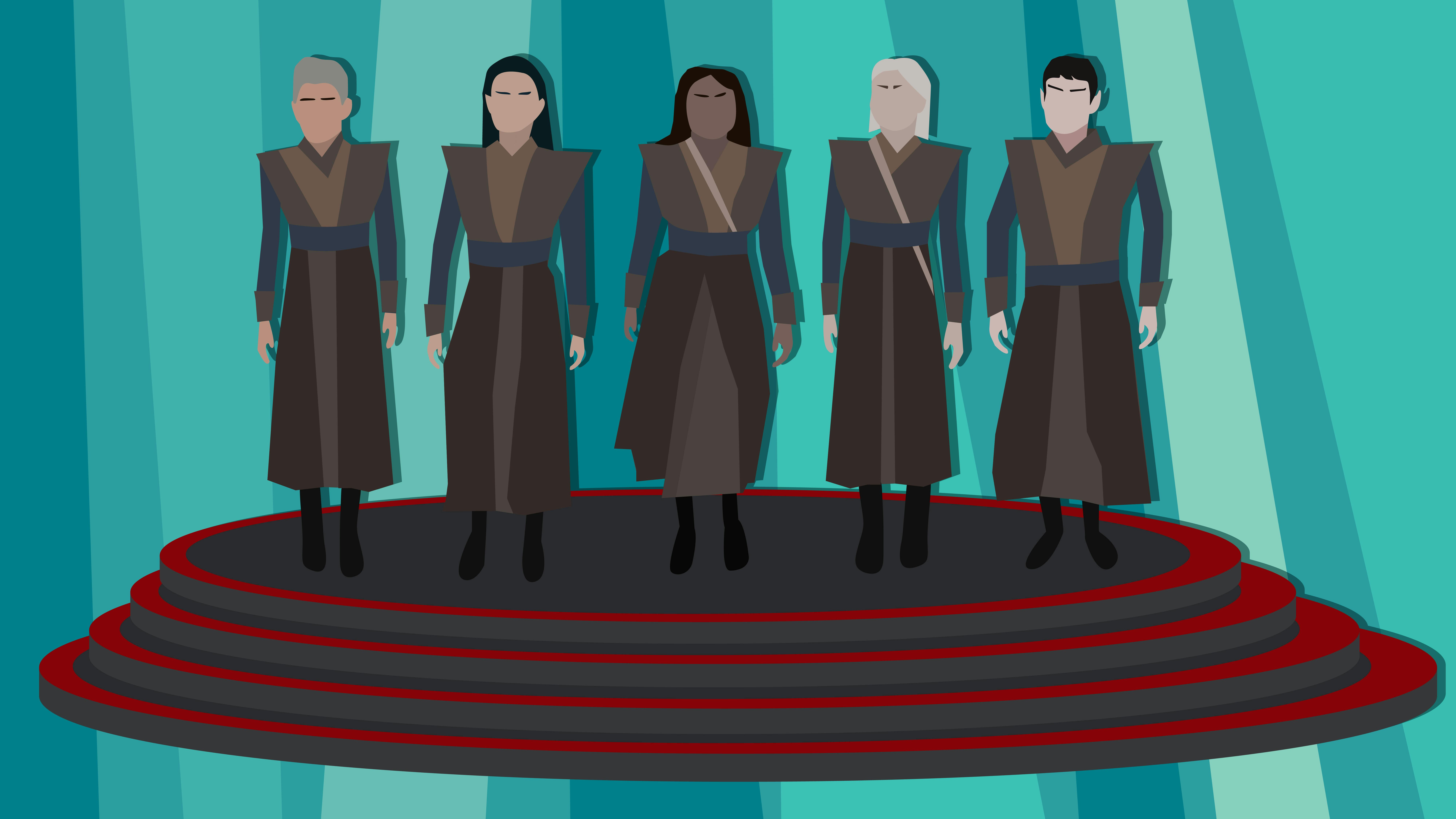Published Feb 21, 2024
Lessons Learned on 'The Way To Eden'
In a world where violence is met with violence, this episode begs us to consider mercy.
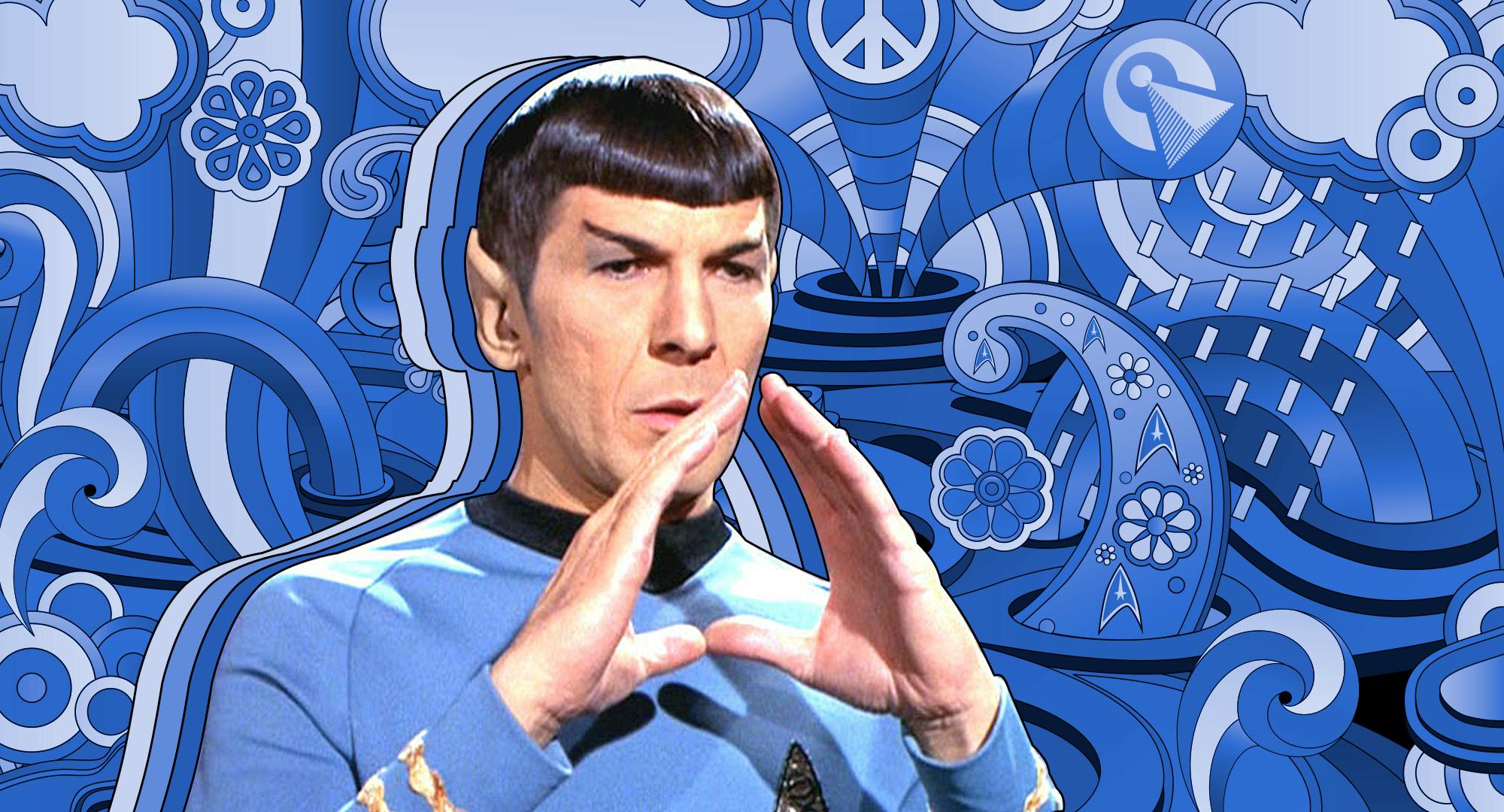
StarTrek.com
"Headin’ out to Eden. Yea, Brother."
To Star Trek viewers who were fans of , these words are both familiar and possibly cringeworthy. The episode from which it originates is considered by some to be one of the most skippable of all three of the seasons. "" introduces a group of followers determined to find a rumored paradise akin to the Garden of Eden of Biblical times.
While the premise could have been much stronger had the characters been less cartoonish, the episode falls flat on many levels and consistently ranks low on fans’ must-watch list. Surprisingly, though, "The Way to Eden" has its redeeming qualities with some fairly solid life lessons applicable today.
For its 55th anniversary of when it first premiered on February 21, 1969, let's revisit the episode's message.
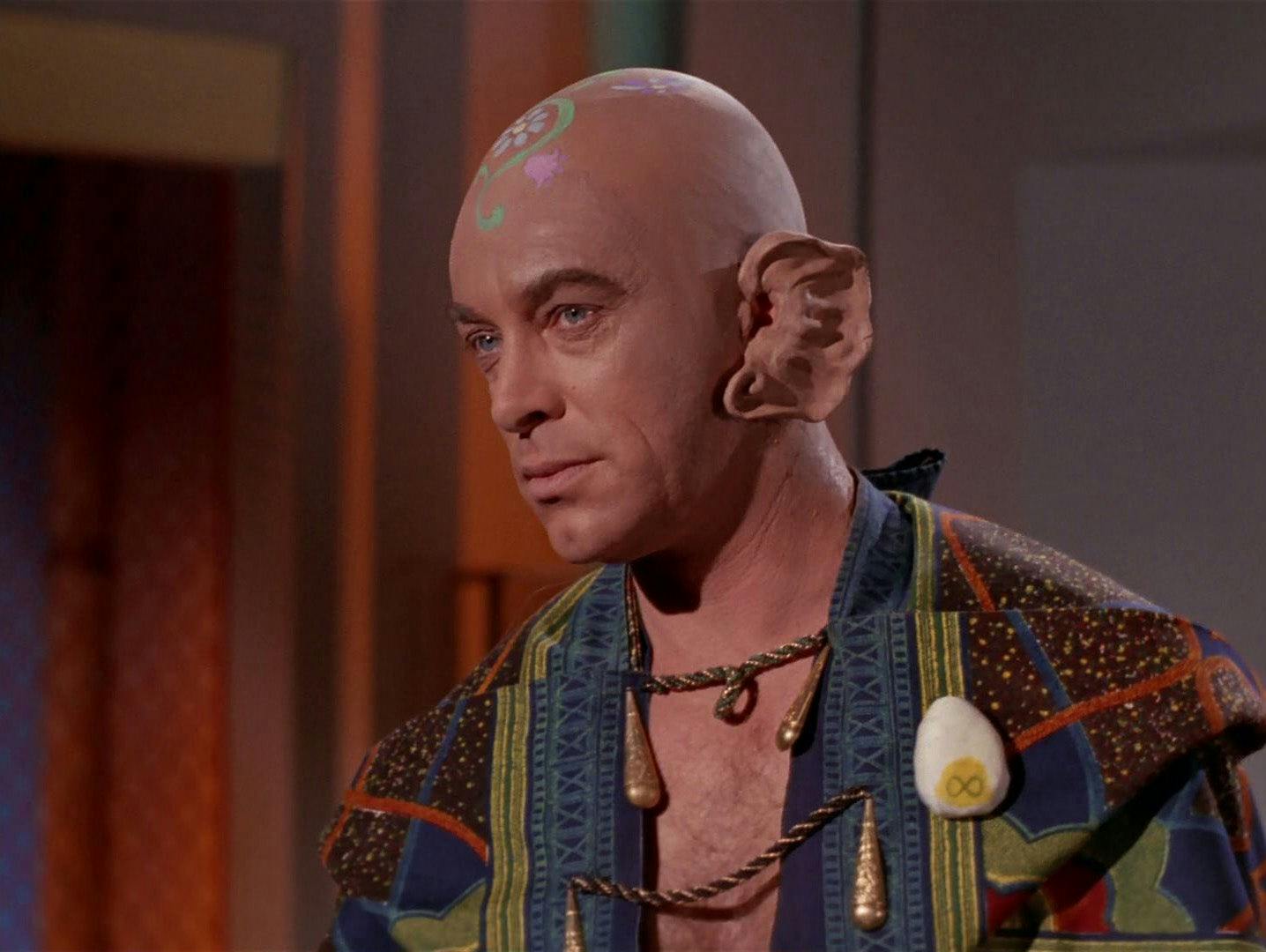
"The Way To Eden"
StarTrek.com
Suffering from a deadly disease, the group's leader, Dr. Sevrin, is desperate to reach this perfect planet as he believes he can only be healed among primitive people. His promise of Utopia entices followers, but they fail to recognize Dr. Sevrin’s madness, and he uses their loyalty against them. They weren’t ready to believe that not every leader is worthy of being followed, no matter his promises.
The disciples blindly trust that the doctor only wants what is best for all of them. So desperate are they to find the promised paradise they don’t question their leader’s motives or decisions — even when he encourages them to overtake the Enterprise and threaten the lives of the crew. When learning of Dr. Sevrin’s intentions and past medical history, the group fails to see (or chooses not to see) that he isn’t concerned with them as much as he is with himself. The consequences of their choices soon reveal that unconditional allegiance can result in regret and even tragedy. Few, if any, people are deserving of such devotion.
In the search for a perfect life, Dr. Sevrin's followers miss the appreciation of their own lives. With a "grass is greener" mindset, they limit themselves to a never-ending search that quickly results in devastation. Though Eden is discovered, its bright blue skies and beautiful foliage hides deadly secrets. Its poisonous fruit kills, while native acidic plants and grass render the planet uninhabitable. It’s a stark reminder that our lives aren’t meant to be perfect, and by seeking out that which is unattainable, we lose sight of what we’ve been given.
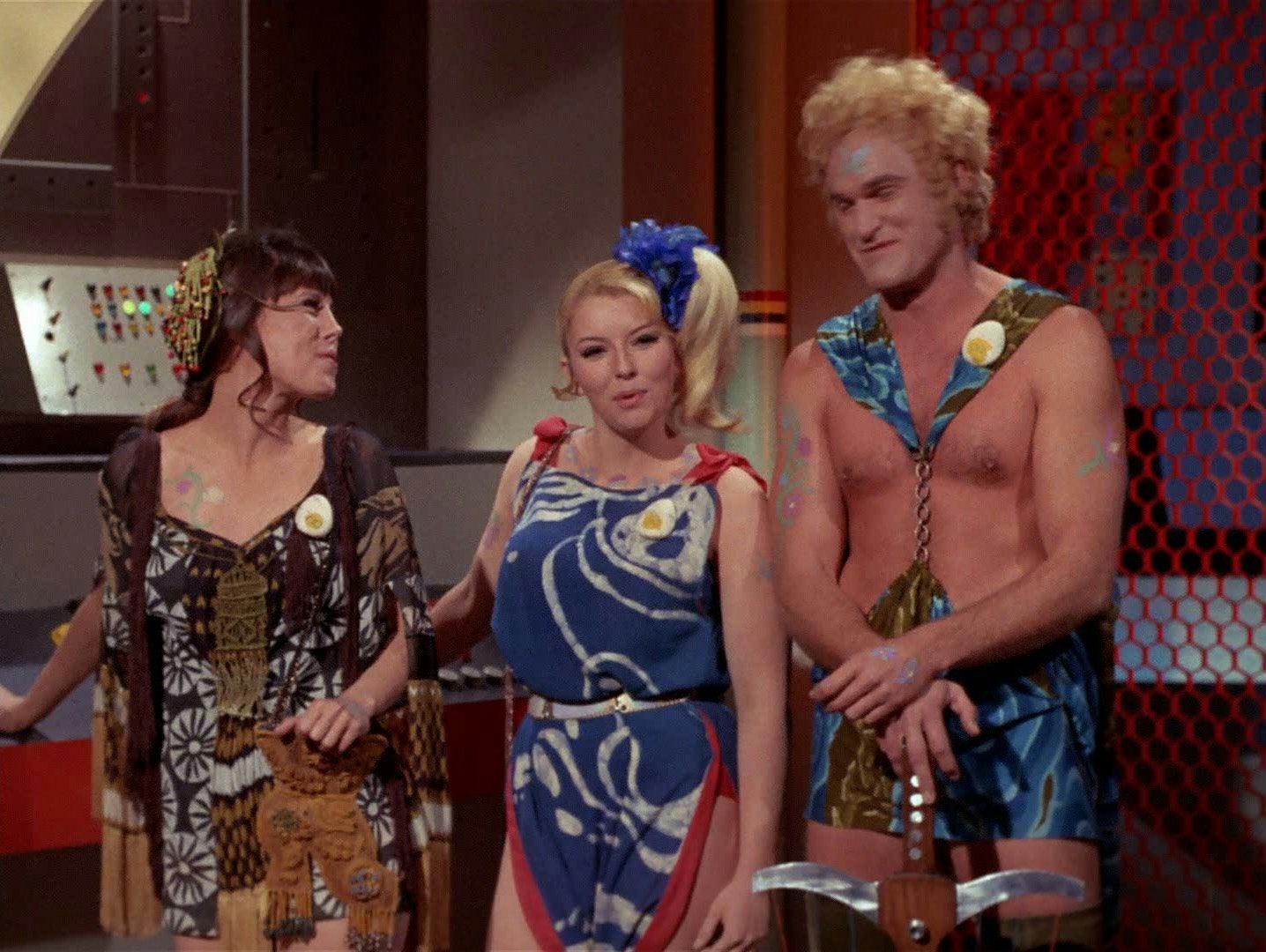
"The Way To Eden"
StarTrek.com
None of these people realized what their ambition had driven them to until it was too late. So fixated were they on their end goal that they saw Captain Kirk and his crew as obstacles that needed to be eradicated. We can do that in our own lives when we lose our focus and fail to be happy in the journey of life. By believing in a myth, Dr. Sevrin's followers walked away from all their lives could have been, and Dr. Sevrin himself lost his own life when he refused to believe his idea of perfection was tarnished.
However, as Mr. Spock clarified, there was no insanity in what this group sought, as there is nothing wrong with reaching for a dream or having beliefs that others don’t. Just as there was nothing wrong with Irina leaving Starfleet to pursue an alternate path. It was simply the manner in which she and the others chased those dreams that led them astray.
There will always be people that don’t agree with nonconformity, and while Dr. Sevrin's acolytes chose to express themselves differently than those who wore Starfleet uniforms, they weren’t bad people or typical villains of the week. They were simply misguided in their intentions and willing to remove what they considered barriers on the path to the realization of their goals. Their inability to see reason, though, proved to be detrimental as is the case when we ignore rationale in order to be right.
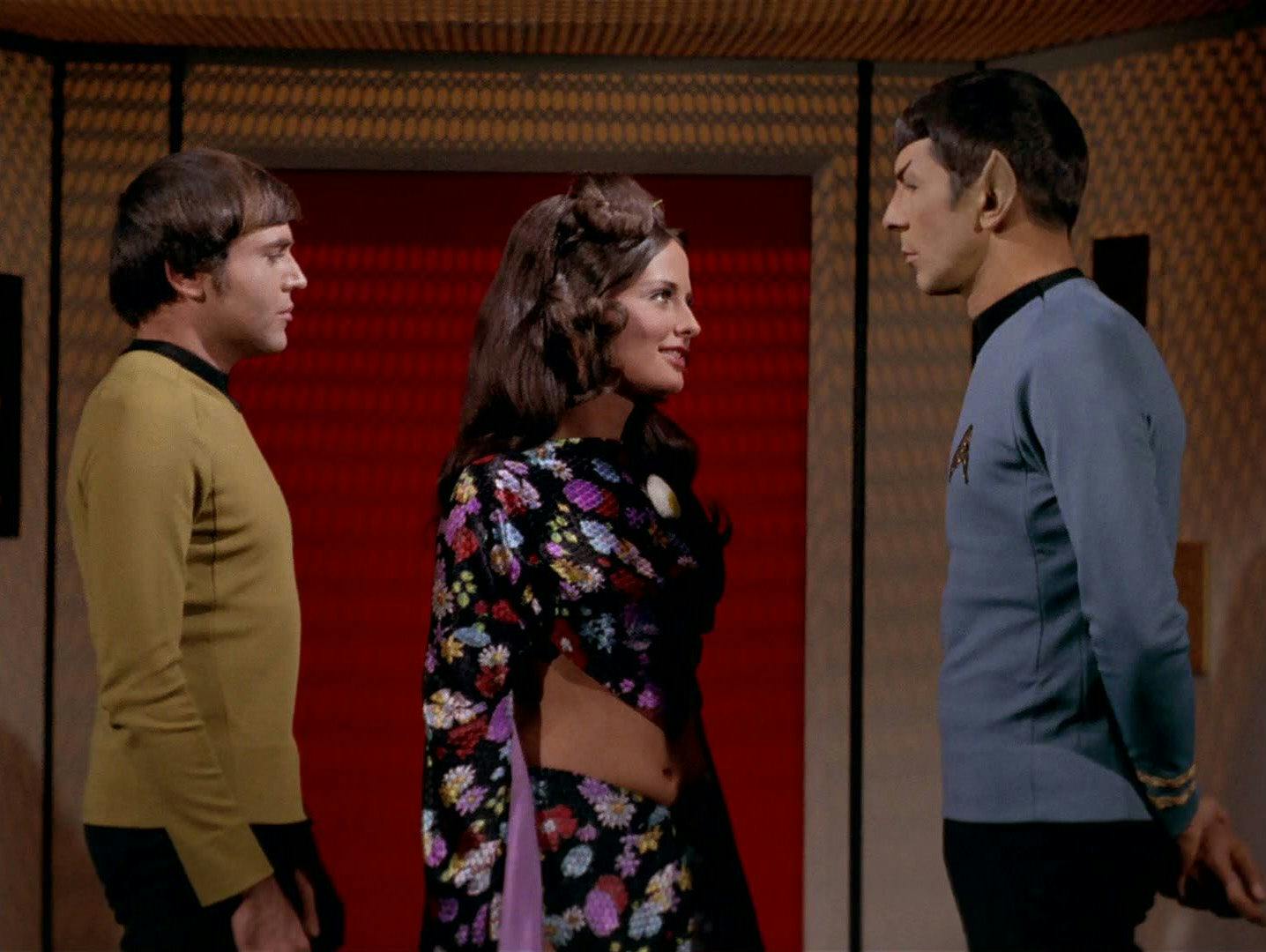
"The Way To Eden"
StarTrek.com
"The Way to Eden" wraps up on a positive note with Mr. Spock convinced that Irina would find Eden a different way. The Enterprise’s first officer offered the former Starfleet cadet hope for the future in spite of the dangers she and her friends had inflicted upon him and the crew.
In his quiet, logical way, Mr. Spock’s assurances also delivered a measure of forgiveness. In a world today where violence is often met with violence, this episode gives viewers a look into a future where mercy is the answer. In the end, Irina and her three remaining friends are left to follow their own individual paths, as they should have from the beginning.

